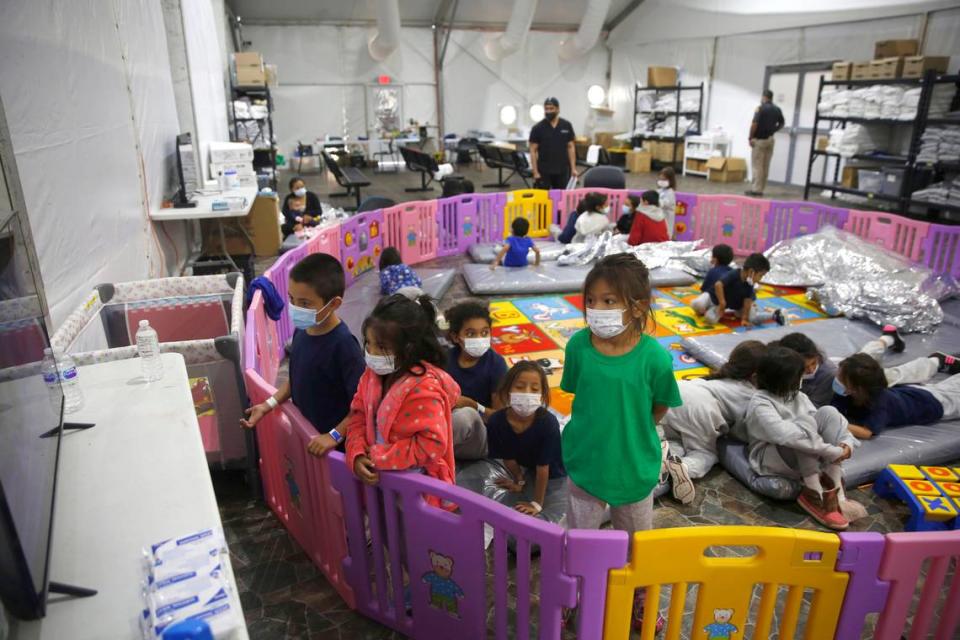Immigrant children without parents need our help. California shouldn’t abandon them | Opinion
A budget reflects our priorities, and few are higher than supporting our most vulnerable residents. As the California Legislature must soon decide on some deep budget cuts for the coming fiscal year, a modest investment that should be preserved is a program protecting children who arrive in this country by themselves.
These unaccompanied children arrive seeking safety and looking for the opportunity for a better life as so many of our own families have. My own personal story is a testament to how far immigrant children can go so long as they are properly cared for and allowed to thrive. That is why I am committed to supporting programs that ensure unaccompanied children have the same opportunities as all other children.
In 2022, California launched a first-of-its-kind pilot program to support unaccompanied immigrant children in our state. The Children’s Holistic Immigration Representation Project, also known as CHIRP, is funded as part of the budget of the California Department of Social Services. However, it faces the risk of being phased out due to budget cuts. Its fate hangs in the balance in the coming days.
Opinion
Most unaccompanied children are forced to flee their home countries due to violence and abandonment. They make the harrowing journey in search of the same opportunities that should be afforded to all children and youth: safety, community, and education.
CHIRP is special because it goes beyond just legal representation for unaccompanied children. The program understands these children have faced trauma, both before coming to the U.S. and within the immigration system itself. Each child gets a dedicated team through CHIRP, including a lawyer and a social worker or case manager. This team works together throughout the child’s case. They aim to understand the child’s unique needs and ensure the child is safe, supported, and healthy – emotionally and physically.
With CHIRP, no child faces immigration court alone. They have a team of passionate advocates fighting for them. This team doesn’t just focus on the legal case; they also meet the child’s needs outside of the courtroom.
CHIRP helps children address the traumas they’ve experienced, which is why this is such a critical investment for our state. Ensuring these children receive care and support now means they have the tools they need to succeed and live a productive life, creating well-adjusted citizens.
Programs like CHIRP ultimately save the state money by preventing children from ending up in far worse situations requiring state intervention. Children who have faced multiple traumas, unstable housing, and time in foster care are at increased risk of harm. Unaccompanied minors in particular are much more likely to be forced into trafficking or forms of exploitation.
While other states have turned vulnerable children into political pawns, California can continue to lead the nation. We can strengthen and invest in a model program that improves the well-being of recently arrived children.
Since its inception, CHIRP has formed a collaborative across the state with 16 non-profits supporting more than 600 unaccompanied children. The program is a success by every metric and is a model of compassionate care. The cost to continue this program for an additional two years is just $17.8 million. This is a minuscule sum compared to our state’s $225 billion budget.
CHIRP ensures children have the guidance and support they need to complete their education, which I believe is the most important step on their journey toward success. When children are educated, they uplift themselves, their community, and our entire state.
I fear that the importance of this program will be lost in the broader negotiations surrounding the budget. This would be a shame, not only for the progress made by CHIRP, but also for the vulnerable children that it seeks to protect. These children simply need our help.
Blanca Rubio, a Democrat from Baldwin Park, represents California’s 48th Assembly District.



